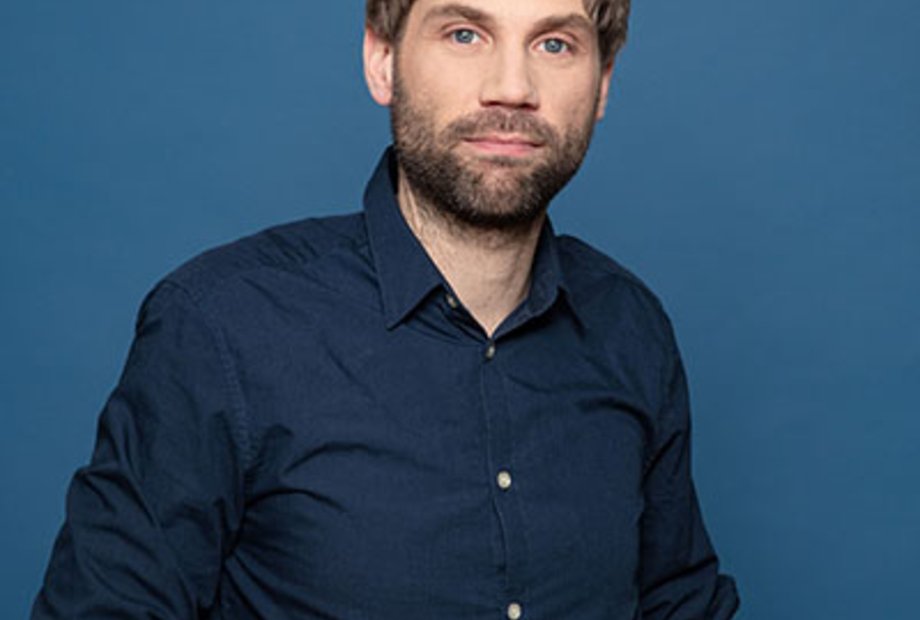Humanitarian actors increasingly rely on digital technologies - such as drones, satellites, or big data - for the monitoring of remote crisis areas. Government organizations such as UNHCR and nongovernmental actors like the International Red Cross, for example use satellite remote sensing to monitor the growth and inner structure of refugee camps. In their article “Digital Humanitarianism and the Visual Politics of the Refugee Camp: (Un)Seeing Control” IFSH researcher Delf Rothe and his co-authors Christiane Fröhlich (GIGA) and Miguel Rodriguez Lopez (Universität Hamburg) investigate the political effects of such surveillance technologies in the governance of refugee camps. Studying two camps for Syrian refugees in Jordan - Zaatari and Azraq - the authors demonstrate how the technologically mediated view of such camps abstracts from the lived experiences of the people living in these spaces. This would become problematic - according to the authors - when political decisions would be made on the basis of such allegedly neutral data.
The article can be accessed here: https://academic.oup.com/ips/advance-article/doi/10.1093/ips/olaa021/5941766?searchresult=1





